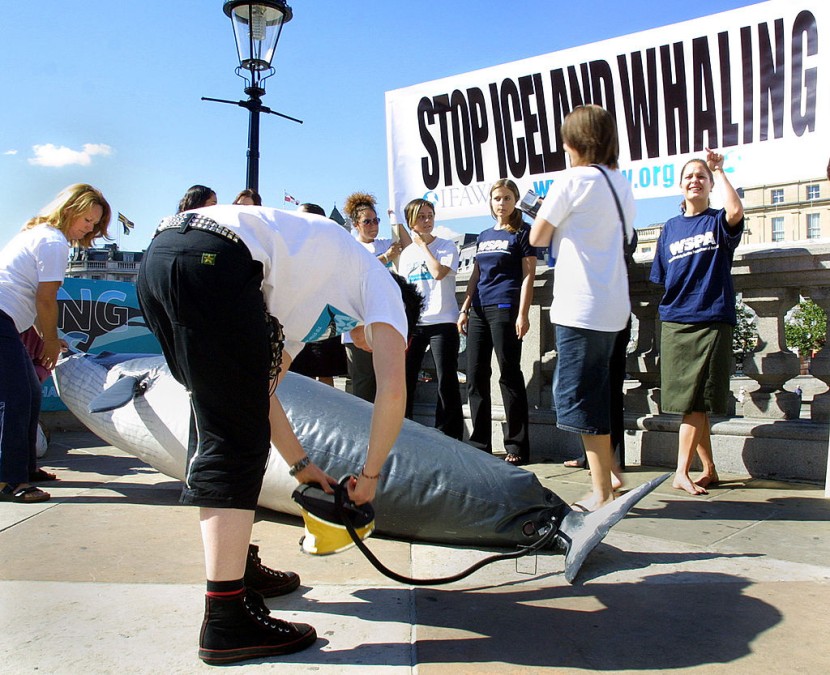
Iceland's government has announced that, out of concern for the well-being of the animals, the annual whale hunt will be postponed until the end of August. This action will likely mark the last chapter in the long history of this controversial activity, according to The Guardian.
The Humane Society International, an animal rights organization, lauded this decision as "a major milestone in compassionate whale conservation."
The Whale Hunt Was Unlawful Under the Animal Welfare Act
After a government-commissioned assessment found that the hunt did not conform with Iceland's Animal Welfare Act, Food Minister Svandis Svavarsdottir said in a statement that she has decided to postpone whaling until August 31.
Iceland's Food and Veterinary Authority recently monitored the fin whale hunt. It determined that the slaughtering of the animals took too long compared to the key objectives of the Animal Welfare Act.
A whale's anguish as it was pursued for five hours was captured on shocking video recordings disclosed by veterinary officials.
The minister remarked, "If the government and licensees cannot guarantee welfare requirements, these activities do not have a future."
Hvalur is the only whaling enterprise in Iceland, and its license to kill fin whales is due in 2023. Another firm will cease operations permanently in 2020, citing declining profits as the reason.
According to Euronews, Fin whales (the second-longest aquatic mammal after the blue whale) and minke whales (one of the smallest kinds) have annual quotas allowing for 209 and 217 kills, respectively. However, since demand for whale meat has declined, catches have dropped dramatically in recent years.
Also Read : Baby Bison Euthanized After Encounter With Yellowstone National Park Visitor; Here's What Happened
Some Icelanders and Activists Have Spoken Out Against Whaling
The only nations that keep killing whales despite widespread condemnation from environmentalists and animal rights activists are Iceland, Norway, and Japan.
The executive director for Europe at Humane Society International, Ruud Tombrock, stated there is no humane way to kill a whale at sea. He urges the minister should make this activity a permanent prohibition.
"Whales already face so many serious threats in the oceans from pollution, climate change, entanglement in fish nets and ship strikes, that ending cruel commercial whaling is the only ethical conclusion," Tombrock added.
Robert Read, the head of Sea Shepherd UK, called the judgment a "huge blow" for other whaling countries.
"If whaling can't be done humanely here ... it can't be done humanely anywhere," Read stated. "Whales are architects for the ocean. They help boost biodiversity, they help fight climate change by affecting the carbon cycling process."
A growing number of Icelanders are speaking out against the practice of whaling.
In a report by The Guardian, a study released in early June found that 51% of Icelanders were against the hunt, while 29% were in favor. The elderly Icelanders were the most likely to support the hunt.
Whaling and fishing have provided important income for Iceland for hundreds of years. However, in the last two decades, it has become a popular destination for whale-watching trips. This has also led to tension between the fishing and tourist industries.
© 2025 HNGN, All rights reserved. Do not reproduce without permission.








